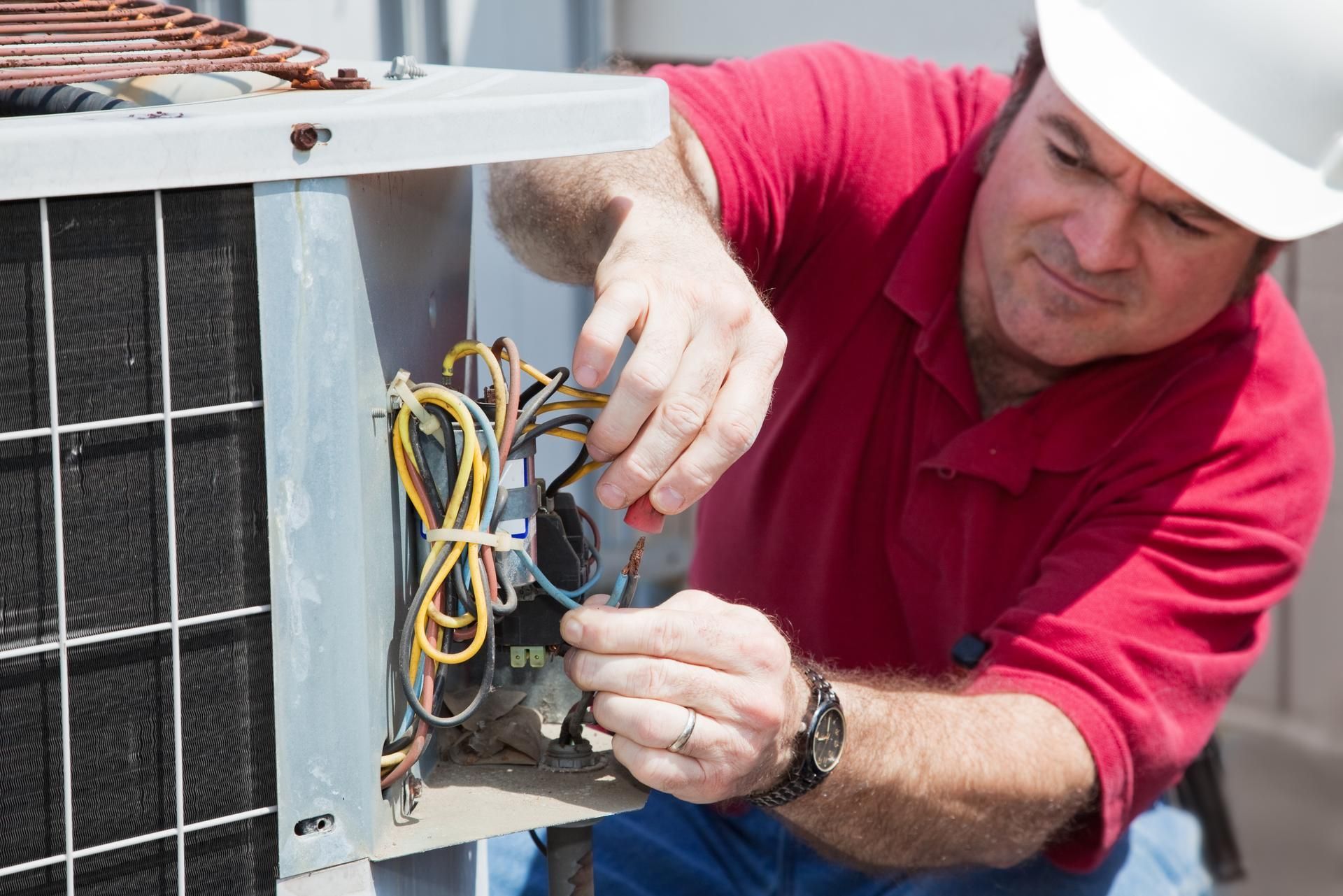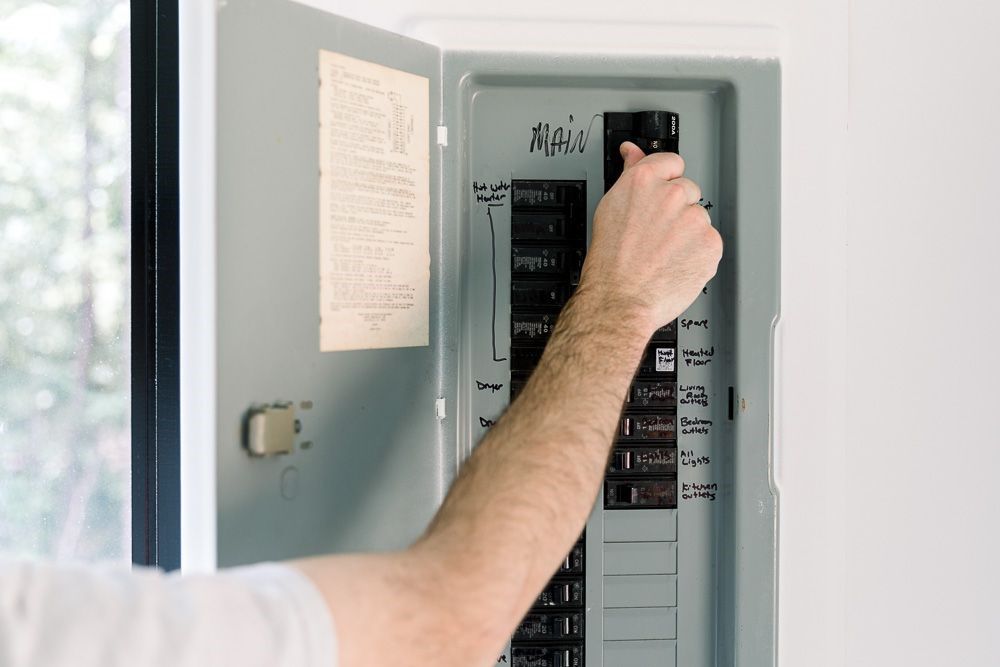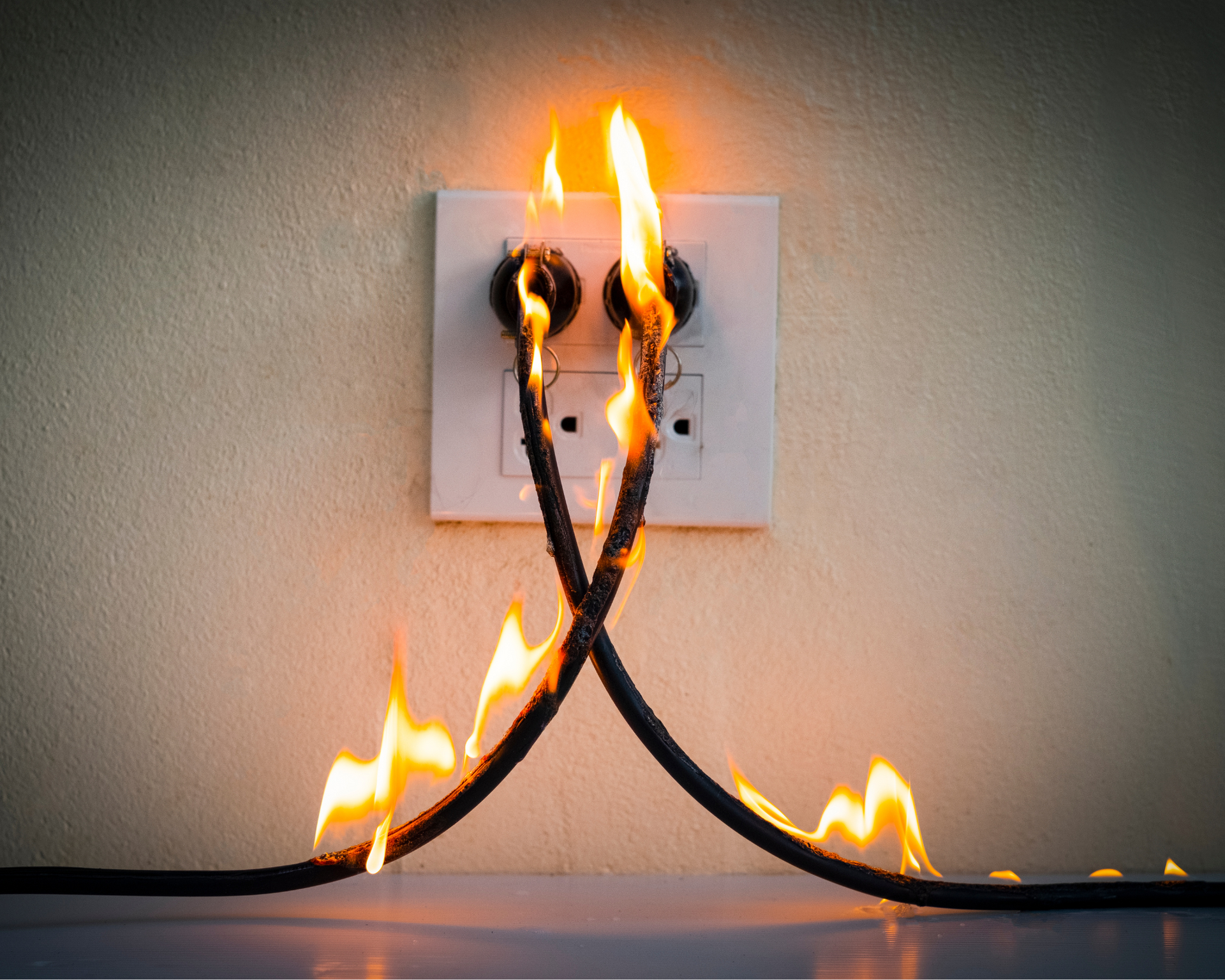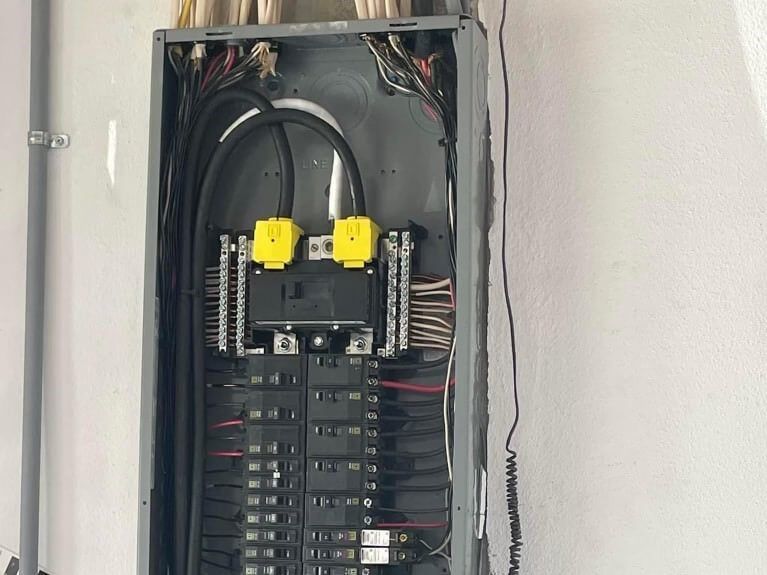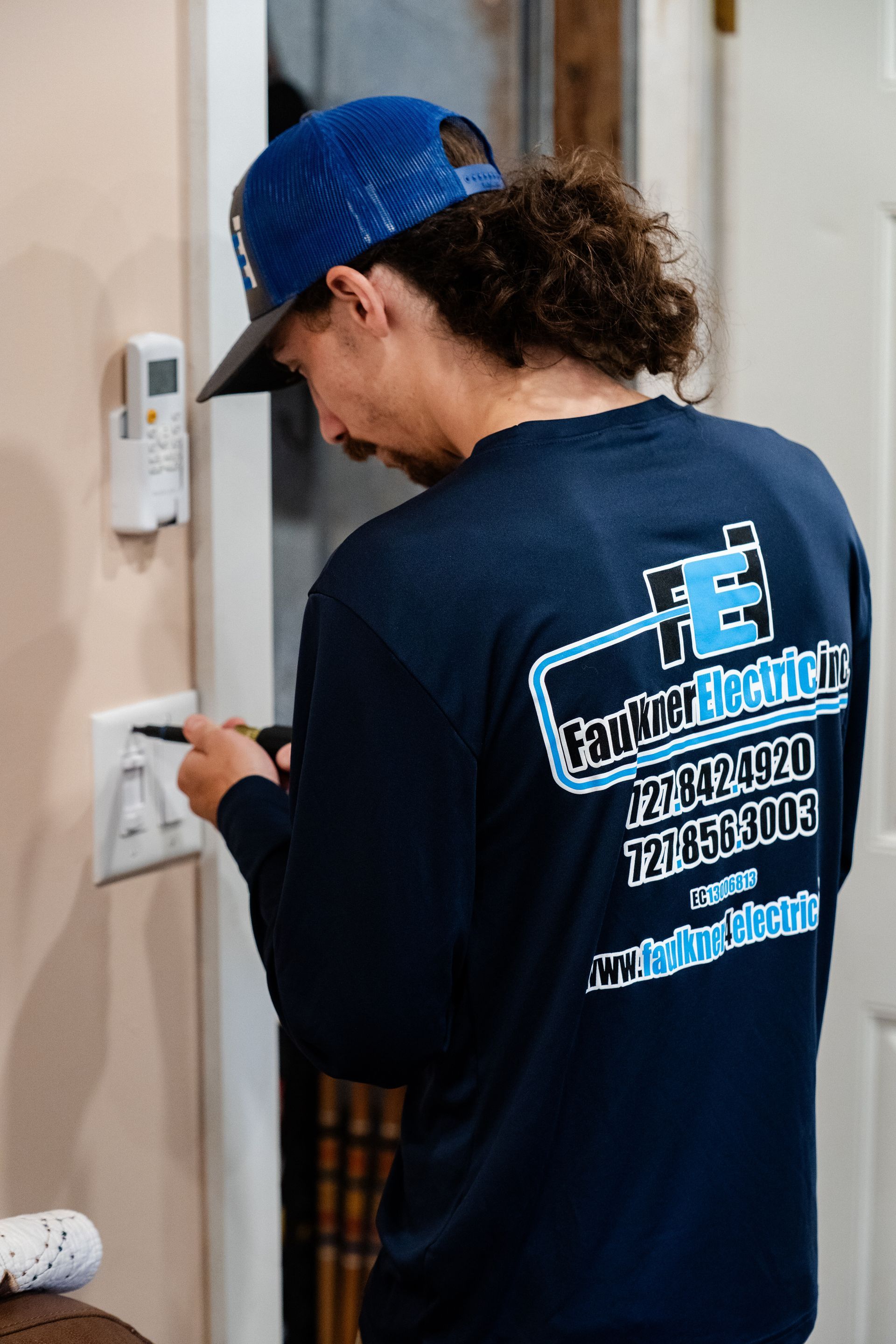Florida State Certified Electrical Contractor #EC13006813
BUSINESS INFO
17234 Toms Farm Ct. Spring Hill, FL 34610
727-842-4920
Why Are Your Lights Flickering? Causes and Solutions
Have you ever experienced flickering lights? You might think it's just a minor issue, but it could be a sign of a bigger problem. Flickering lights could be due to a wide range of issues, such as electrical overloading, faulty wiring, or loose connections. Neglecting flickering lights can put you at risk of fires and electrical shocks, so address them as soon as possible.
In this blog post, discover some of the most common causes of flickering lights and the ways how to fix them.
Overloaded circuits
One of the main causes of flickering lights is an overloaded circuit. When a circuit carries more electrical load than it can handle, it can heat the wires and cause them to expand and contract, leading to flickering lights. This is common when you have several high-wattage appliances or electronics plugged into the same circuit.
Solution
To fix this issue, you may need to call a licensed electrician to evaluate your electrical system. The electrician may need to install a new circuit or upgrade your existing electrical panel to increase its capacity to handle more power. Avoid overloading circuits by unplugging appliances and electronics that are not in use.
Loose or damaged wiring
Another cause of flickering lights is loose or damaged wiring. A loose connection can cause fluctuations in voltage, which can lead to flickering or dimming lights. Damaged wiring, on the other hand, can cause energy loss, which can affect the normal flow of electricity. Both of these issues can be dangerous and should be addressed immediately.
Solution
If you suspect loose or damaged wiring, contact a certified electrician right away. The electrician will inspect your wiring to determine the cause of the issue and may need to repair or replace any damaged or loose connections. Address this issue promptly to prevent it from escalating into bigger problems.
Faulty Light Bulbs
Flickering lights could also be caused by faulty light bulbs. Cheap or low-quality bulbs may have a shorter lifespan and may flicker or become dim over time. Additionally, if you have mismatched bulbs in a fixture, it could create flickering lights as the bulbs try to regulate their own power.
Solution
Inspect your light bulbs for any signs of wear and tear. If you see any damaged or discolored bulbs, replace them immediately. If you have mismatched bulbs, switch them out for bulbs with the same wattage and brightness. Always use high-quality bulbs from reputable brands to ensure their quality.
Old Electrical Panel
If your lights flicker frequently, your electrical panel could be outdated. Older electrical panels may not have the capacity to handle modern energy demands, causing flickering or dimming lights. This could also be a safety hazard, as it increases the risk of electrical fires.
Solution
If you suspect an outdated electrical panel, have it inspected by a licensed electrician. They can determine if an upgrade is necessary and replace it with a newer, more efficient panel that can handle your household's energy needs. This not only improves the safety of your home but also prevents flickering lights in the future.
Dimmer Switch Issues
If the lights that are flickering happen to be on a dimmer switch, the dimmer may be causing the flickering. White LED lights specifically can have issues with older dimmer switches, as standard dimmer switches are designed to work with halogen and incandescent bulbs.
Solution
Call in an electrician to assess the issue if the flickering lights happen to be in conjunction with a dimmer switch. They'll be able to update the dimmer switch to go in line with the LED bulb recommendations.
If you have flickering lights, don't wait. Contact Faulkner Electric today. Have you ever experienced flickering lights? You might think it's just a minor issue, but it could be a sign of a bigger problem. Flickering lights could be due to a wide range of issues, such as electrical overloading, faulty wiring, or loose connections. Neglecting flickering lights can put you at risk of fires and electrical shocks, so address them as soon as possible.
In this blog post, discover some of the most common causes of flickering lights and the ways how to fix them.
CONTACT US
Contact Us
We will get back to you as soon as possible.
Please try again later.
BUSINESS INFO
17234 Toms Farm Ct. Spring Hill, FL 34610
Office - 727-842-4920
Text - 727-301-7996
©2024 Copyright: Faulkner Electric Inc. | All Rights Reserved

